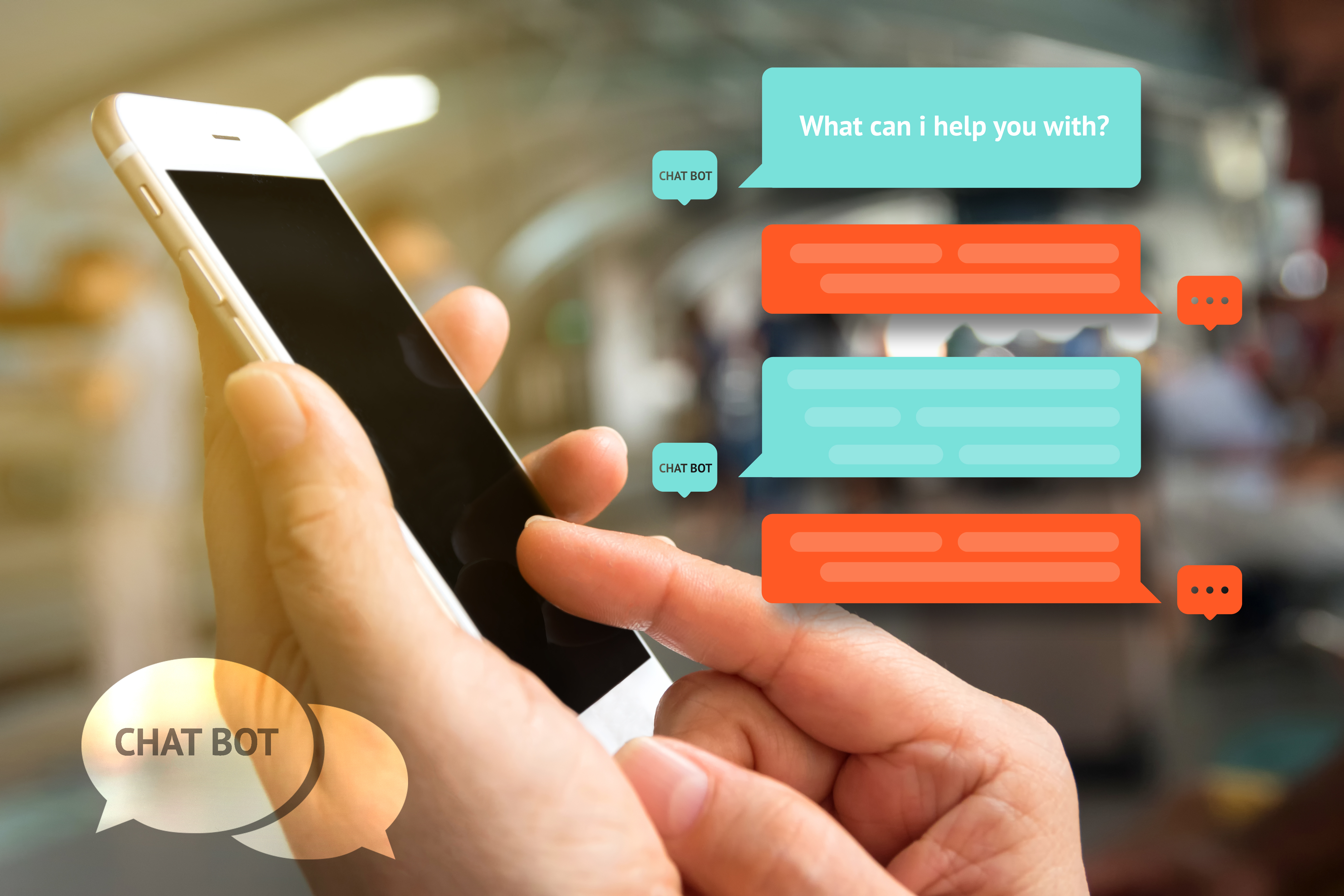
20 Mar How AI Is Transforming the Digital Marketing Landscape
Marketing has evolved from broadcasted email blasts and Web 1.0 banner ads to content curated for specific market segments, targeted emails, social media campaigns, and other inbound marketing efforts. These campaigns seek to entertain, educate and provide consumers with solutions to their problems. The goal is to guide consumers along their buying journey to the shopping cart and, beyond that, to engender loyalty so they will become brand advocates.
Creating customized user experiences
Underlying every strategy, campaign and action taken by a marketing department is an understanding of buyer behavior. Marketers create detailed personas to identify the demographics, desires and pain points of the consumers they are targeting.
In this age of hyperconnectivity, businesses have access to more information about potential customers than they could possibly process manually, but artificial intelligence algorithms can quickly sort and categorize mass amounts of information, segmenting databases of current and potential customers so that businesses can offer customized user experiences.
The term artificial intelligence has come to mean the ability of computer programs to mimic human intelligence. AI gives machines the ability to interpret and reason. Search engines can now recognize misspellings and serve up the desired search results; they can determine user intent based on context. These are very human characteristics.
AI’s application in commerce and marketing is most often seen with data mining to learn more about consumers and with the automation of transactions between a brand and the public. A movie recommendation from Netflix and Facebook tag suggestions based on image recognition are examples of how major brands are applying AI. SMBs can also benefit from AI technology using data processing and task automation functions to better understand and serve their customers.
Step-up data collection and market segmentation efforts
With AI technology, marketers have an increased ability to gather and analyze data across multiple platforms including social media and websites. These programs can drill down into consumer behavior at deeper levels, allowing for more precise targeting of marketing messages. Relevant advertisements can be delivered at the right time to the right person. Businesses can identify new market segments and deliver marketing experiences personalized for each user, resulting in greater conversion rates and ROI.
Moving buyers through the funnel
AI-equipped programs can track customers along the buyer’s journey, collecting insights into their behaviors, preferences, and habits. This information then generates product suggestions and appropriate calls to action. Buyers that add boots to a shopping cart will be receptive to a suggestion they add a pair of wool boot socks as well. Past customers who have become inactive may need an incentive to return to a company’s website and shop. This whole process can be automated.
Better user experience with virtual assistants
Consumers have questions and they expect answers to come with broadband speed, yet it often isn’t possible – or financially feasible – to have customer service reps available 24/7. A “smart” chatbot, one using artificial intelligence, has the ability to respond to visitor inquiries, making interactions seem almost human. Chatbots can process thousands of inquiries at one time, eliminating the wait on a queue that could drive customers to the competition. These virtual assistants can complement the work of human employees by handling routine and not-so-routine tasks such as taking orders, processing sales or making reservations.
Getting personal
Consumers are looking for authentic, human-like experiences with the brands they patronize. This is one reason why social media is so critical to a business’ marketing efforts. AI allows companies to get personal without costly increases to their labor force, as image and voice recognition capabilities add additional human-like qualities to customer transactions.
Artificial Intelligence technology takes a lot of the guesswork out of marketing campaigns. Businesses can identify very narrow market segments and better understand the obstacles their customers must overcome to achieve goals. Consumers intersect with brands at different stages of the buying process.
Current technology makes it possible to identify exactly where a prospect stands, whether they have just become aware of a need or are ready to make a purchase. Marketers can then step up with the appropriate content, email or pitch needed to move the buyer along the buying path. With AI, businesses can get a more complete picture of their current and prospective customers, allowing them to reach out and offer solutions that will boost sales and engender loyalty to the brand.
